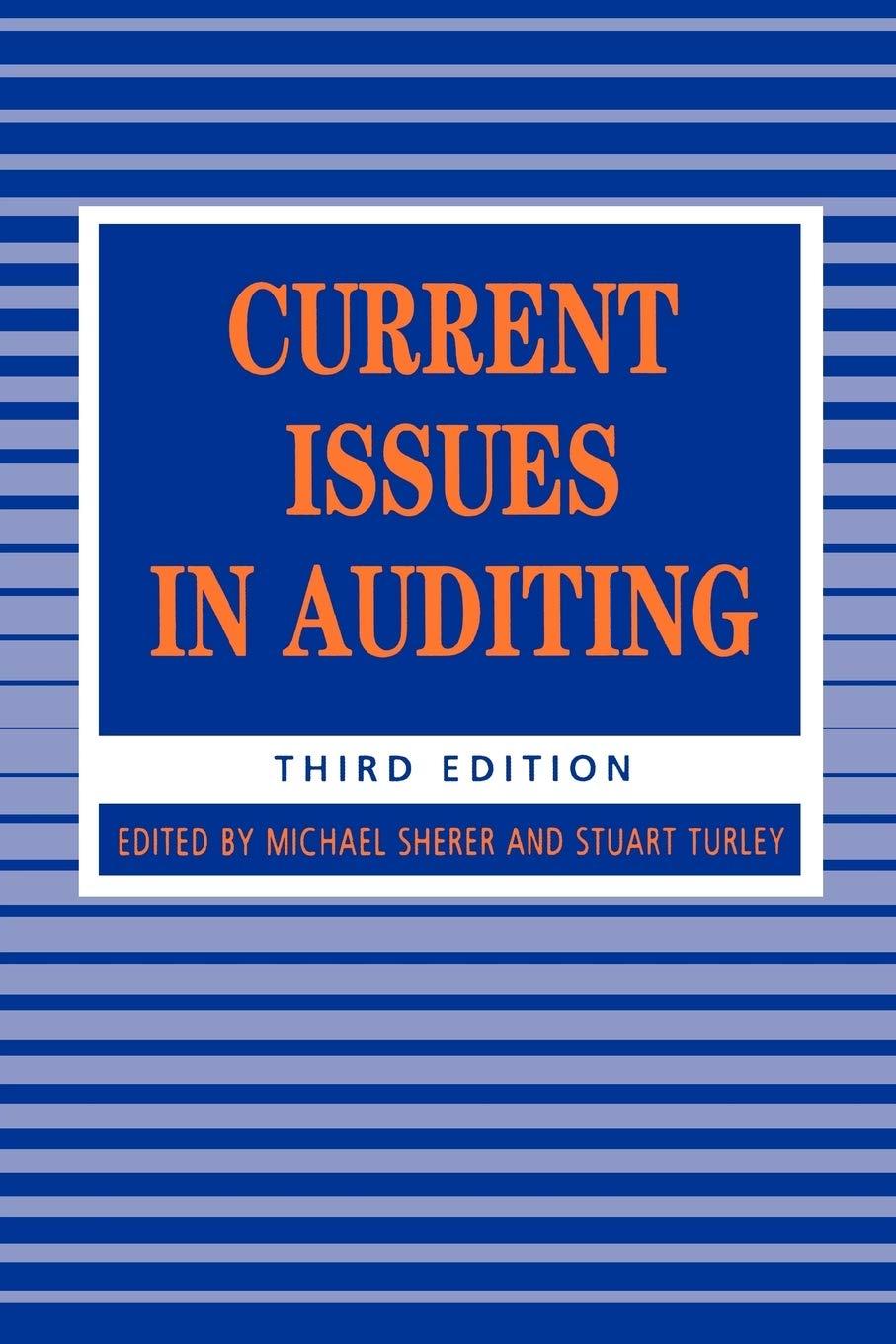Question
The purpose of EPS-EBIT analysis to determine an appropriate mix of debt and equity in a firms capital structure. It is an examination of the
The purpose of EPS-EBIT analysis to determine an appropriate mix of debt and equity in a firms capital structure. It is an examination of the impact that different financing options have on EPS under various expectations for EBIT.
The following is the set of Information that you need to collect:
- Stock price: the most current stock price
- Number of shares outstanding (You need to add the number of new shares when planning to issue more shares.)
The following is the set of Information that you need to estimate based on the firm's circumstances and your strategy proposal:
- Amount of capital needed: based on your recommendations
- EBIT range: based on your projection of revenues and costs (Set the mid-point based on your projections and give it a reasonable range to define the low and high points.)
- Interest rate: estimated based on market rates and your firms creditworthiness
- Tax rate: (prior years taxes) / (EBT)
You have to consider many different mixes of debt and equity finance to see their impact to the firm's EPS given your projections of EBIT. For example, you can examine 100% debt, 100% equity, 50% debt + 50% equity, 75% debt + 25% equity, etc.
For example, if you need $10 billion, 100% debt financing means you borrow the entire $10 billion. 25% debt and 75% equity means that you borrow $2.5 billion and issue $7.5 billion worth of new shares. Make sure to understand that each hybrid case is one combined method of financing the required amount. You will start from your EBIT projection and take the necessary steps to eventually calculate EPS for the specific funding case. Whatever funding method that yield the highest EPS number is the best as far as EPS-EBIT analysis is concerned.
Now answer this question.
1. Based on the following set of information, do an EPS-EBIT analysis. You need to consider the following financing options: 100% debt, 75% debt and 25% equity, 50% debt and 50% equity, 25% debt and 75% equity, and 100% equity.
- Amount of capital needed: $100 million
- Estimated EBIT range
- Low end: $30 million (recession scenario)
- Midpoint: $40 million (normalcy scenario)
- High end: $50 million (boom scenario)
Interest rate: 4 percent
Tax rate: 30 percent
Stock price: $50
Number of shares outstanding: 500 million
Your analysis should be accompanied with a thorough interpretation of results. You also need to generate a graph that is similar to a EPS/EBIT chart.
Step by Step Solution
There are 3 Steps involved in it
Step: 1

Get Instant Access to Expert-Tailored Solutions
See step-by-step solutions with expert insights and AI powered tools for academic success
Step: 2

Step: 3

Ace Your Homework with AI
Get the answers you need in no time with our AI-driven, step-by-step assistance
Get Started


